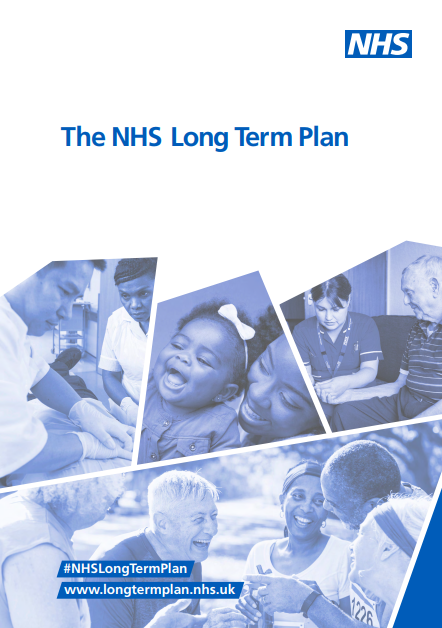As of 1st April 2022, new Liberty Protection Safeguards (LPS) will be in force.
Many people in the UK who lack the mental capacity to consent to care experience deprivation of liberty. This enables care for those with dementia, autism, learning disabilities, etc.

Significant court cases were a major factor in changing the Deprivation of Liberty Safeguards (DoLS) to the Liberty Protection Safeguards (LPS). The supreme court ruled that many people were deprived of their liberty unlawfully. Among its rulings, the court provided an official definition of deprivation of liberty:
"continuous supervision and control ... not free to leave"
Read more about these court cases and the judgement of the supreme court in our Introducing LPS resource.

A huge number of changes will take place this April. For example, the safeguards will apply to people aged 16+ rather than 18+, and there will be a whole new role: Approved Mental Capacity Professionals (AMCPs). You can read more about the differences between DoLS and LPS, and find out what the AMCP role involves in our Introducing LPS resource.
Perhaps the most significant change is the streamlined, three-part assessment process.
- Capacity Assessment
Is the individual capable of consenting to care arrangements? - Medical Assessment
Does the individual have a mental disorder? - Necessary and Proportionate Assessment
Are the arrangements necessary to prevent harm to the individual?
Are the arrangements proportionate to the likelihood and seriousness of the risk of harm to the person?

If you're looking to provide LPS training, consider:
- Which members of staff will take on which responsibilities?
- Should depth of training be based on role and duties?
- Should all staff receive the same training?
- How will LPS affect the day-to-day activities of the organisation?
- How will staff prepare for the transition to LPS?
- What training do new AMCPs require?

At Advantage Accreditation, we can help you with:
Experience
We are an accreditation body with a wealth of experience in health and social care.
Educational Resources
Our Mental Capacity training course has been updated to include LPS regulations and guidelines.
Quality Assurance
If you already have a Mental Capacity training course, we will assess the quality of your learning materials. This includes checking the validity of information, its impact on learners, and how it is presented.
Accreditation
Our seal of approval allows you to become a credible, recognised training provider. You can download certificate featuring our logo and keep a record of training through our online portal.
Train the Trainer
With our train the trainer courses, your staff can become licensed trainers for specific subjects.


 The Government published its long-term plan for the NHS this week. We’ve looked at what it means for mandatory, clinical and specialist training for the next decade:
The Government published its long-term plan for the NHS this week. We’ve looked at what it means for mandatory, clinical and specialist training for the next decade: